
Chilling Warning About a Common Household Appliance!
After Venomous Snake Emerges from Air Conditioner and Bites 7-Year-Old Girl, a Chilling Warning About a Common Household Appliance!
When using air conditioners, it's crucial to take precautions to avoid the risk of snakes entering and posing serious health dangers.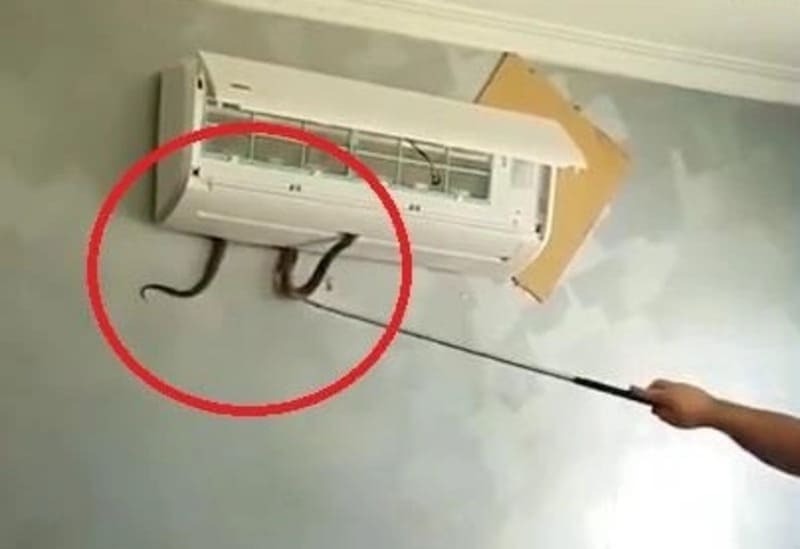
Recently, the shocking incident of a 7-year-old girl in Ninh Binh being bitten by a krait snake that slithered out from an air conditioner has stirred public concern. Fortunately, her family discovered it in time and rushed her to the hospital. She is now in the recovery process.
This rare yet alarming event serves as a wake-up call about how we install, use, and maintain air conditioning units at home. Beyond being a familiar cooling device, an air conditioner—if not regularly cleaned or if poorly installed—can become a perfect hiding spot for rats, cockroaches, and even snakes. These animals seek out warm, enclosed, and undisturbed spaces.
How Can a Snake Get Into an Air Conditioner?
Typically, when installing an air conditioner, technicians drill a hole in the wall to pass copper pipes and the drainage hose from the indoor unit to the outside. If these holes aren't properly sealed afterward, they become ideal entry points for rodents and reptiles.
Moreover, when the unit is left unused for extended periods, dust and moisture can build up inside, attracting rats looking for nesting spots. And since rats are a favorite prey of snakes, the scent of rodents can lure snakes into the air conditioner, which offers a warm, quiet, and hidden space to hide or hunt.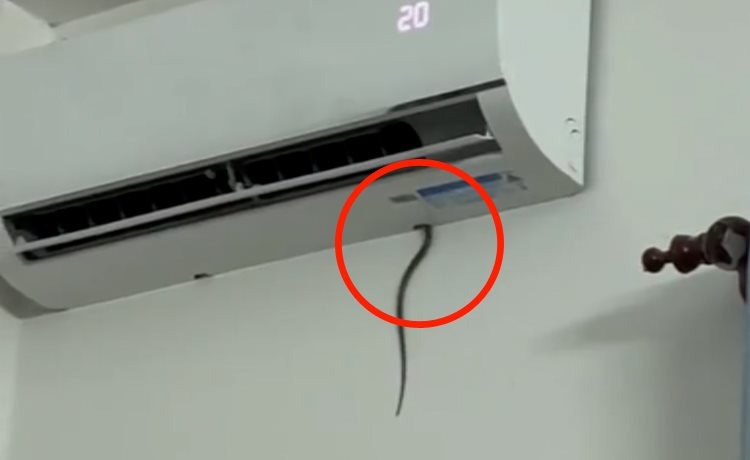
How to Keep Your Air Conditioner (and Home) Safe
To minimize the risk of snakes or other creatures entering through the AC system, families should keep the following in mind:
-
Seal all technical holes after installation: Carefully inspect the area around copper pipes and the drainage hose. If the wall penetrations haven't been sealed with mortar, silicone, or foam, do so immediately to prevent animals from entering.
-
Avoid placing the outdoor unit near plants, tin roofs, or damp areas: These spots attract rodents, insects, and snakes. Install the outdoor unit in a clean, open, and easily accessible area that allows for regular inspection and cleaning.
-
Cover the drainage hose opening with mesh: A simple but effective method is attaching a fine wire mesh at the end of the drainage hose to block small creatures from crawling in.
-
Clean your air conditioner regularly: Besides helping the unit run efficiently and save energy, routine cleaning (every 3–6 months) allows early detection of rodent nests, strange smells, or foreign objects—warning signs that something might be wrong inside the unit.
-
Don't ignore unusual signs: If you hear strange noises from the indoor unit, smell something odd, or notice snakes around the outdoor unit, do not attempt to dismantle it yourself. Call a professional technician immediately.
Extra Tips to Deter Snakes Around the Home
-
Plant snake-repelling herbs: Lemongrass, garlic vine, and holy basil are known to naturally repel snakes and can be planted around the house.
-
Keep your yard tidy: Trim bushes, clear debris, and avoid dark, damp corners—prime hiding places for snakes.
-
Sprinkle sulfur powder or lime around the house: These substances repel rats and cockroaches, reducing snake-attracting prey.
A properly functioning air conditioner isn’t just about staying cool—it’s also about protecting your family’s safety. Pay attention to installation, seal any gaps, clean it regularly, and call an expert if you notice anything unusual. That’s how you can avoid horrifying surprises—like a snake sneaking in through a device you use every day.
News in the same category

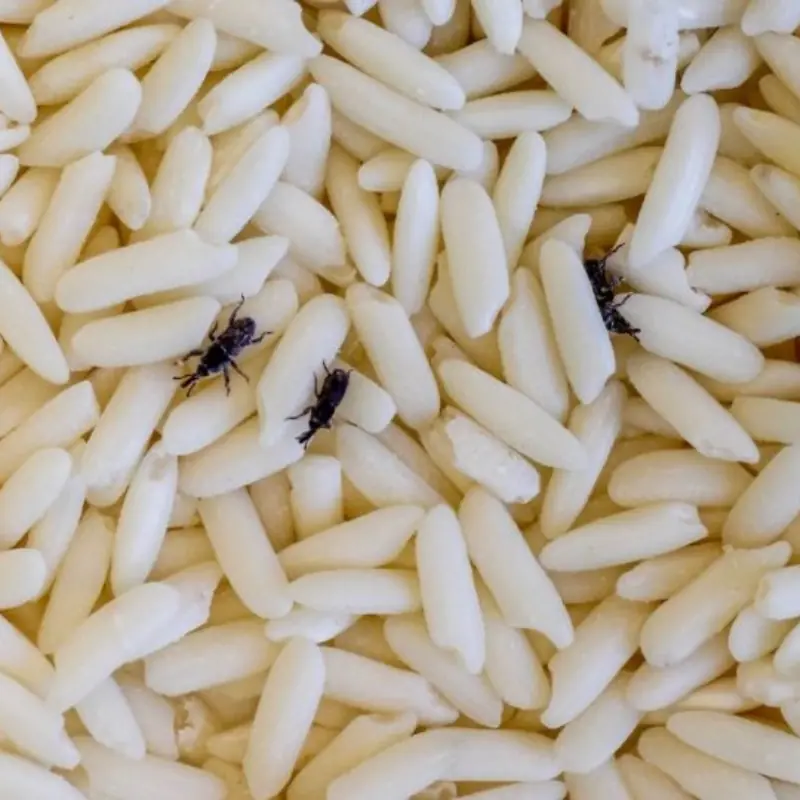
Rice Often Gets Infested with Weevils

The So-Called "King of Chemical-Laden Veggies"

4 Quick Tips to Instantly Spot Sweet

The Tastiest Part of the Pig: Once Overlooked

Real vs. Fake Beef May Look the Same, BUT There Are Still 5 Key Differences

Turns Out, the Ultimate Weapon Against Fishy Odors Is Right in Your Kitchen
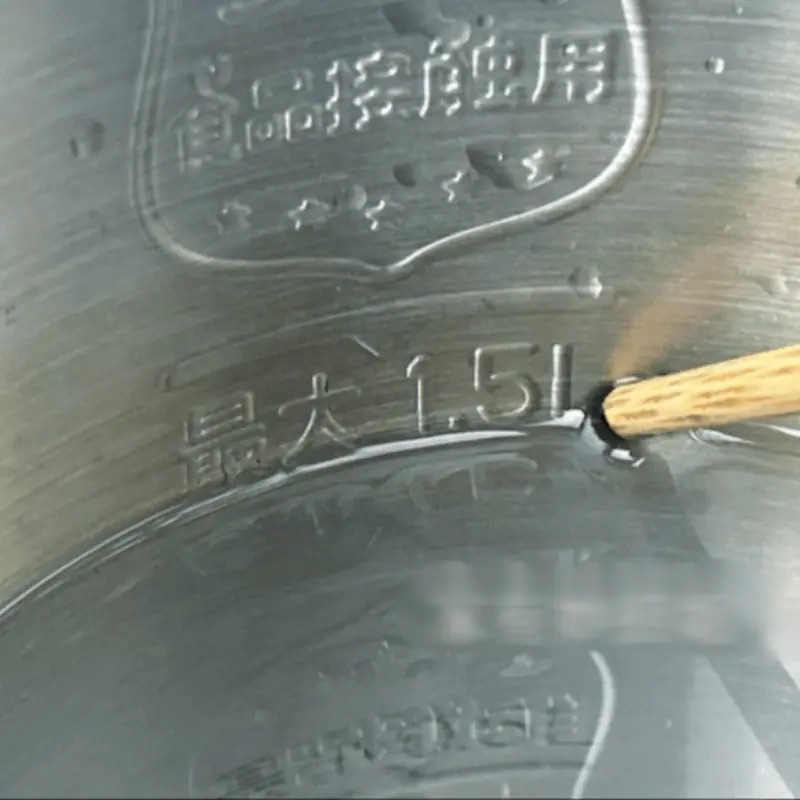
Using an Electric Kettle with These 6 Common Mistakes
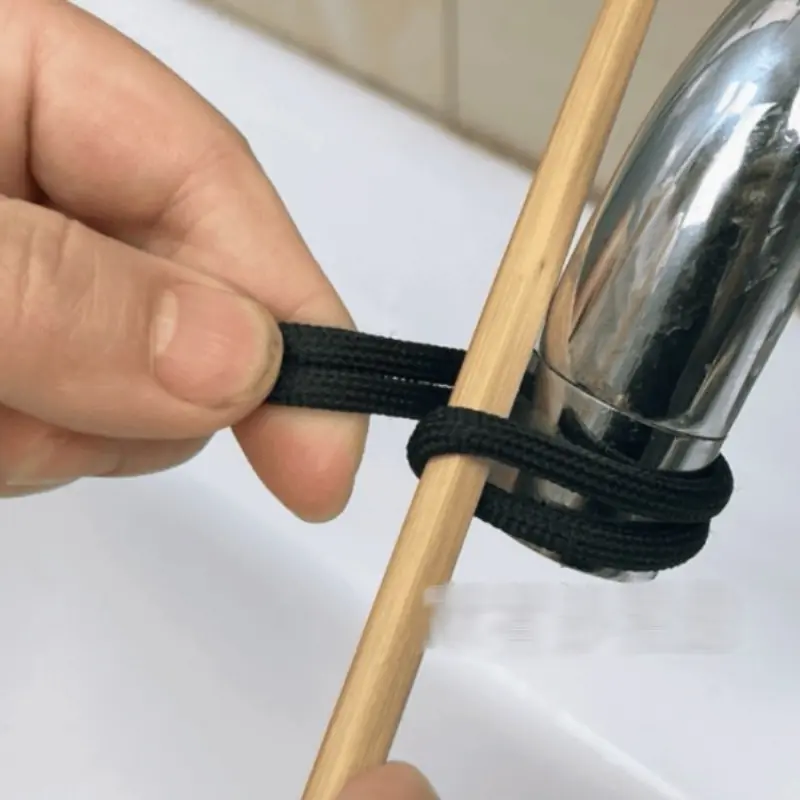
Using Just a Piece of String and a Chopstick
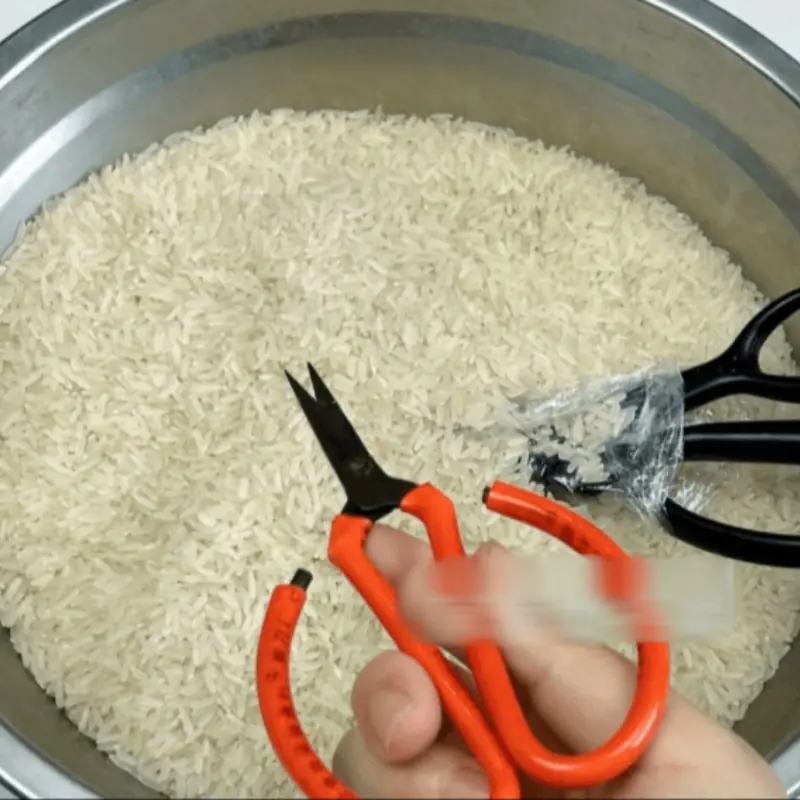
5 "Secrets" About Rice That Shock 90% of People

The Secret to Choosing the Best Beef at the Market

Stop Defrosting Meat with Cold Water

Experts name the summer vegetables most likely to contain chemicals
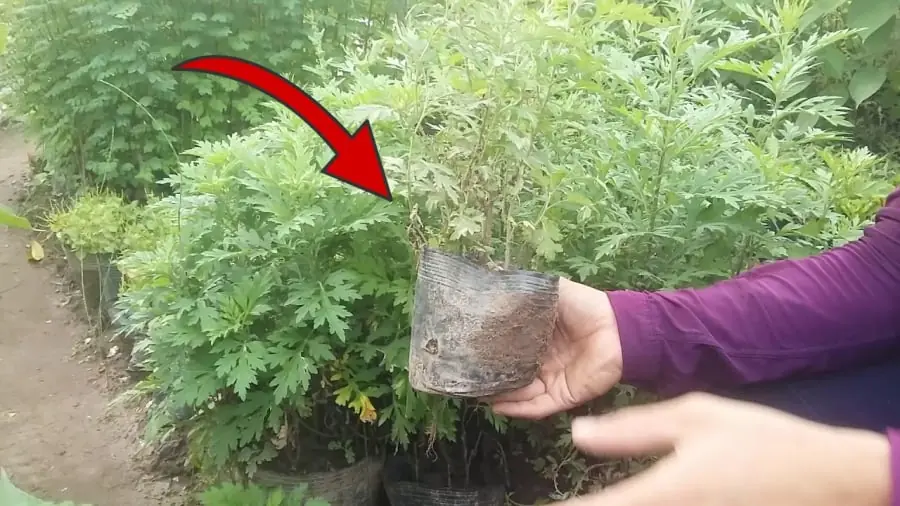
The plant that is thought to be only for food is actually a "lucky charm" in front of the door. Our ancestors advised every house to plant it

The vegetable that could save the world from hunger was once banned because it was... too ugly.
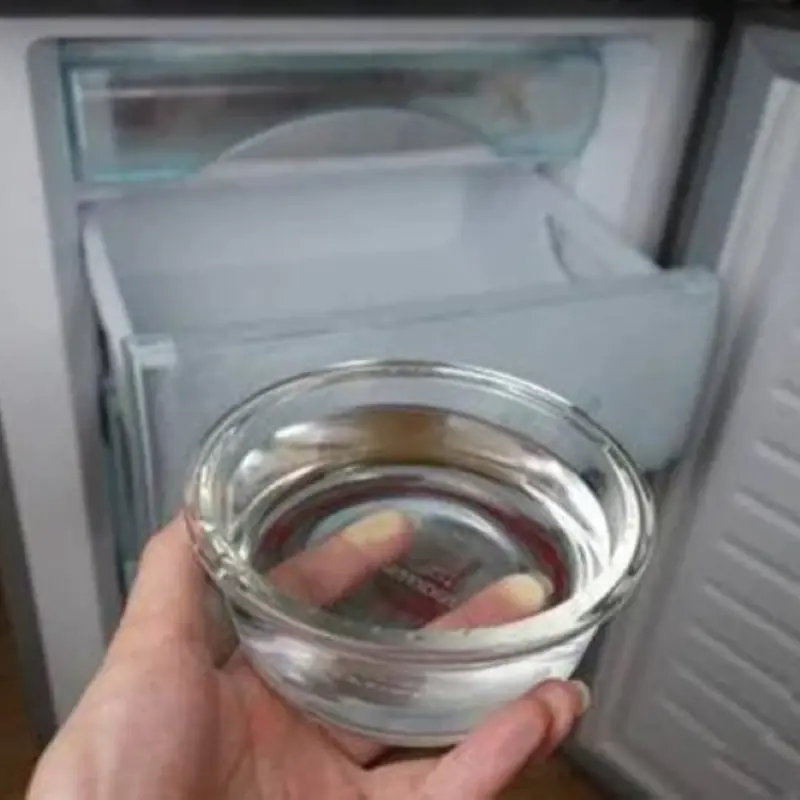
Place a Bowl of Water in the Fridge
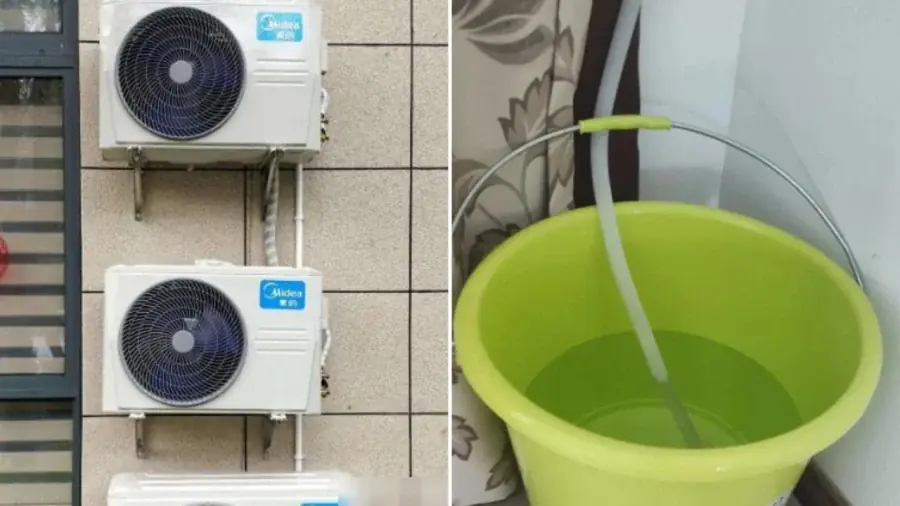
Save Air Conditioner Wastewater to Solve 4 Household Problems and Cut Costs
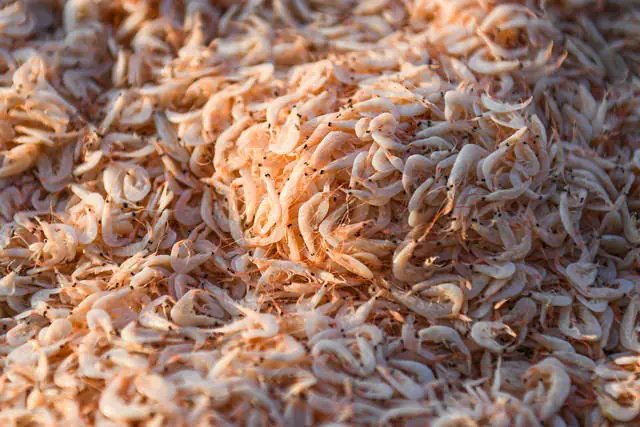
Seafood with 3 times more calcium than soybeans, China calls it "appetite enhancer" in summer

A parasite that can cut off human sp:erm, causing global infertility?
News Post
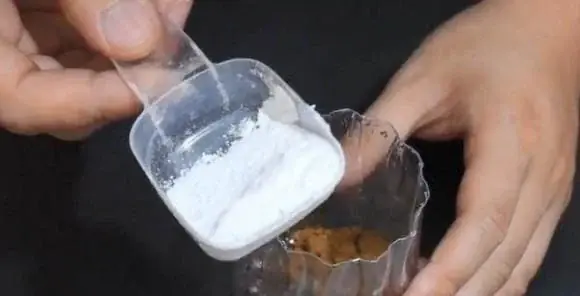
Try This DIY “Plastic Bottle Mosquito Trap” and Enjoy a Mosquito-Free Summer!

The “Strange” Number on Imported Fruit Stickers

Rice Often Gets Infested with Weevils

The So-Called "King of Chemical-Laden Veggies"

4 Quick Tips to Instantly Spot Sweet

The Tastiest Part of the Pig: Once Overlooked

Real vs. Fake Beef May Look the Same, BUT There Are Still 5 Key Differences
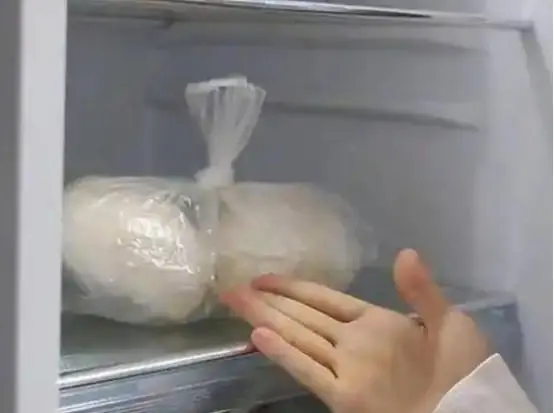
Warning! Stop Putting These 5 Things in the Fridge—They Could Become “Invisible Kil.lers”

6 Everyday Foods You Think Are Safe—But Are Actually To.xic

Be careful! Don't put these 5 things in the refrigerator anymore, they can become "invisible kil.lers"!

4 plants that easily "invite" snakes to come near, be careful when planting around the house!

Kidney atrophy before age 30: Doctors warn of 2 habits that cause kidney failure, many people suffer from it

This popular summer fruit has received attention from scientists for its cooling, diuretic properties and ability to naturally support liver detoxification.

6 Simple Ways to Reduce Water Retention

4 groups of people should avoid eating cucumbers

Drinking Hot Water: Health Benefits and R.i.sks

What Is the Spiritual Significance of a Black Cat?

When Does Male Pattern Baldness Start And How To Prevent It
